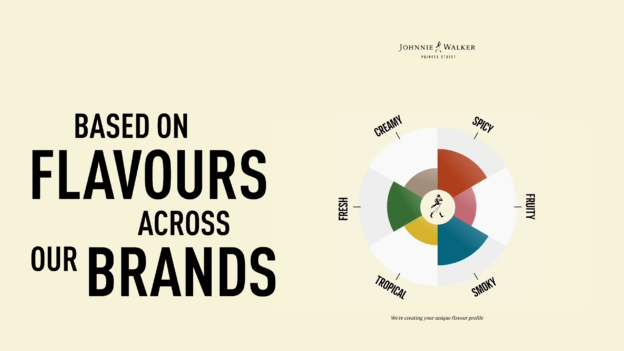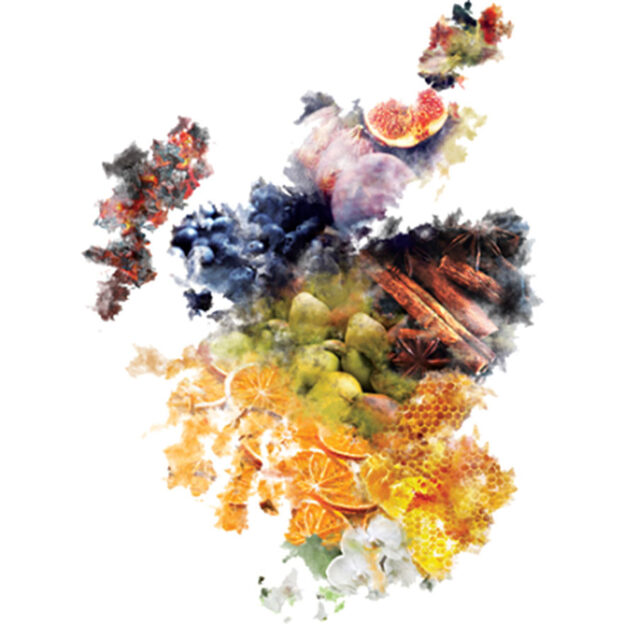Even as new technologies to prevent fake liquor emerge, there are still many hacks who think of devious ways to push the fake business. This needs to be taken head on.
This November, Haryana reported 20 deaths due to consumption of illicit liquor. On and off, we hear of incidents wherein illicit/fake liquor takes toll of human lives, besides upsetting genuine liquor business. Even as new technologies emerge, there are still many hacks who think of devious ways to push the fake business. That needs to be taken head on.
Counterfeit wines and beverages pose a significant danger, causing a loss of US$3.18 billion in direct sales and costing governments US$2.61 billion in tax revenues, states Vikas Jain, Founder of Acviss Technologies. He states that counterfeiters have been able to pull off frauds that would have looked impossible a decade ago, now with the help of technologies. And by leveraging e-commerce platforms and social media they are able to distribute their products across the world as well.
But what is fake liquor? Fake or illegally produced alcohol is that which is produced in unlicensed distilleries or people’s homes and intended for sale. Production of fake alcohol is more likely to use cheaper versions of alcohol, and contain potentially even more dangerous chemicals, unlike alcohol which primarily uses ethanol. There is no way of knowing for certain the ingredients contained in fake or illegally produced alcohol, there lies the risk of drinking it.
The Food Safety and Standards (Alcoholic Beverages) Regulations, 2018 has in detail listed out what companies need to take care of, including labelling, while manufacturing and selling all kinds of spirits, beer and wine. However, the illicit and fake liquor business in India is thriving and many times with impunity. So, it is for the liquor manufacturing companies to secure their businesses, using technologies, intel and other means.
Fake market growing
Reports indicate that in India alone there were over 6,000 deaths due to poor-quality or fake liquor in the last six years. With the Indian alcohol market growing at a CAGR of 8.8% and it was to reach 16.8 billion litres of consumption by end 2022, the fake market too is growing. As per the Federation of Indian Chambers of Commerce and Industry (FICCI), the illicit alcoholic beverage market size in value terms stood at ₹23,466 crores in 2019-20.
As excise comes under the purview of the State and each of the 29 States (Gujarat, Bihar and Nagaland have prohibition) and seven Union Territories have their own ways of regulating liquor trade. There are avenues for fake liquor, interstate smuggling of liquor etc. depending upon where the market is lucrative. The onus lies on the brands to protect their interests as counterfeiting goes beyond the labels, bottle designs and caps.
Counterfeit trade flourishes
Says Vikas Jain, “Counterfeit beverages are being abundantly available in the market and there doesn’t seem to be an end to it. Fake alcohol products that are produced illegally or use sub-par ingredients and don’t meet security and safety standards. The counterfeit trade has already cost the Indian government a loss of ₹1 trillion in taxes in recent years.”
Common malpractices
Mr. Jain mentions that the most commonly used malpractices in the alcoholic beverage industry include –
Bottle Recycling: Counterfeiters collect empty authentic bottles, refill them with inferior or fake products, and reseal them with counterfeit labels and closures.
Label Forgery: By using high-quality printing techniques and materials, counterfeiters create fake labels that closely resemble authentic branding and design.
Blending and Dilution: One of the most widely practised counterfeit techniques is to mix lower-quality alcohol or water base with small amounts of original ones to create the illusion of authenticity. This leaves the consumers convinced that they have purchased the original product and won’t raise much suspicion.
Implementing a clear and standardised labelling
Asked how brands can protect themselves from counterfeiting, Mr. Jain mentions that the starting point would be implementing clear and standardised labelling with detailed information about the product, including origin, production methods and quality certifications. “One of the best visual identifiers to prevent counterfeiting is to use a highly recognisable and unique bottle shape. This helps the customers to directly identify the brand and verify its authenticity without using another method of authentication. Conduct regular campaigns to raise awareness about the risks of counterfeit alcohol and the importance of purchasing from reputable sources. Work closely with retailers to ensure that they are educated about the risks of counterfeit alcohol and can guide consumers in making informed choices. And obtain and display recognised quality certifications on the product packaging to signal authenticity and adherence to industry standards.”
Incorporating non-replicable labels
Asked about how Acviss helps in combating the counterfeiting menace, Jain stated that “Acviss’s Certify helps to incorporate non-replicable, unique labels into your product or packaging. The best part is that they are tamper-resistant and act as a digital certificate for the products. Customers can easily scan and verify the authenticity of these products and quickly glance through the product and manufacturer information.
Acviss’s Origin tracks your product through each stage of its lifecycle, from the manufacturer to distributor and the end consumer. This helps to learn the behaviour of the supply chain, increasing the visibility and locating the vulnerable points.”
Long run benefits
On the issue of anti-counterfeit solutions being expensive, Mr. Jain mentioned, “Yes, most companies see anti-counterfeit solutions as an unnecessary cost. But, frankly, anti-counterfeit solutions are an investment that can benefit the brand in the long term run. Not just to recover the profits, but also to retain customer trust and reach out to new audiences. The plus side with Acviss is, that our solutions can be customised according to the requirements of the brand which is more effective than a one-size-fits-all solution.”
To deal with this menace, brands have to think on different levels. “As technology is getting more and more advanced, counterfeiters are also finding new ways to bypass the existing preventive measures. But it doesn’t necessarily mean that the anti-counterfeit solutions are meaningless. If we take Acviss as an example, we have been constantly evolving and innovating new technologies to keep up with changing environments. We have also been able to surpass the existing measures and create groundbreaking inventions in the brand protection field lately by leveraging the AI and ML technologies.”
Mr. Chander S Jeena, Associate Director of the Authentication Solution Providers’ Association (ASPA) said, “The answer lies in the upgradation of current technologies, systems, and regulations to ensure end-to-end secure supply chain. For example, to prevent tampering, refilling, and ensure revenue protection, the tax stamps (excise adhesive label) must be enhanced with new generations’ overt (visible) and covert (hidden) security features to facilitate easy identification by important stakeholders in the supply chain. Further, there is a need for solutions to safeguard the movement of liquor supply. Many States are using geo-tagged ‘digital locks’ for liquor-carrying tankers, with GPS-based tracking services to track in transit consignments through distilleries, bottlers, company-owned bonded warehouses, and transporters. Widespread use of these solutions across the country can bring a drastic change in just a few years.”



